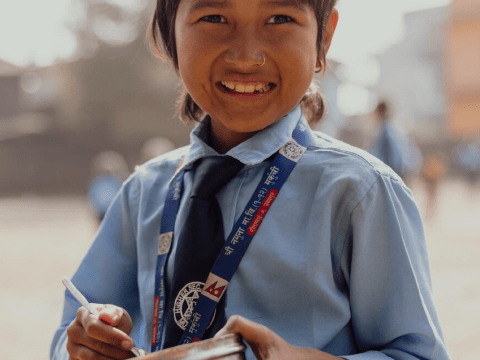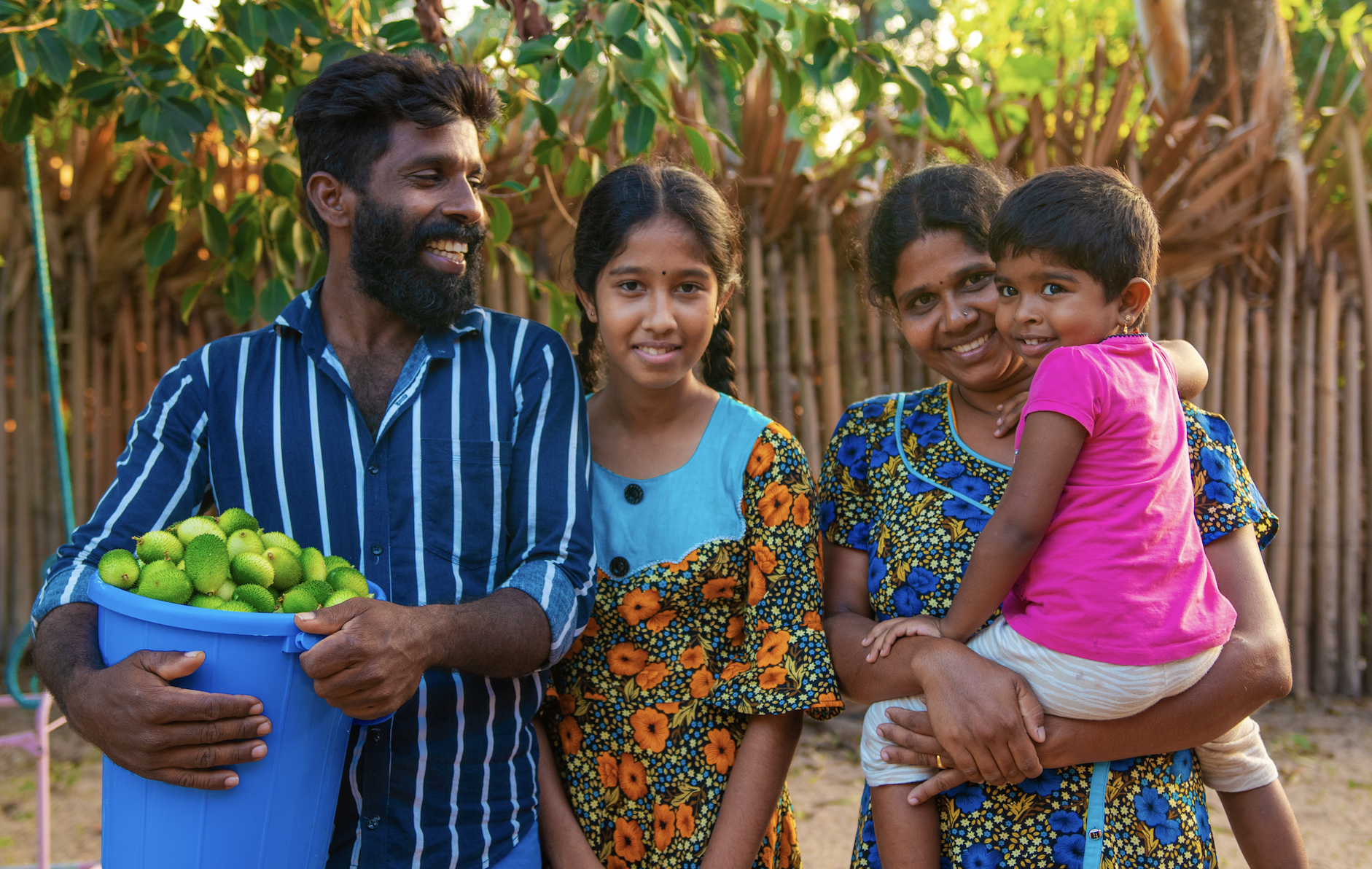Climate, Hunger, and Hope: The Defining Challenge for Asia Pacific

By Grana Pu Selvi Gnanaraj, Health and Nutrition Senior Advisor, World Vision South Asia and Pacific
For families in the Asia-Pacific region, climate change isn't a distant threat—it's a daily battle. For a farmer in Bangladesh, it's the rising saltwater destroying their fields. For a mother in the Philippines, it’s the simultaneous typhoon this year, washing away her crops. These climate shocks are no longer rare events; they are the new normal, pushing millions to the brink of hunger. We must confront this defining challenge: how do we build food security for a region under siege from a changing climate?
Recent data from the Food and Agriculture Organisation (FAO) paints a stark picture of the crisis. Papua New Guinea has the highest rate of undernourishment in the region, with nearly 29% of its people unable to get enough food to meet their daily needs. This crisis extends to our neighbours, with high rates in the Solomon Islands (20%) and Timor-Leste (18.7%). These numbers aren't just statistics; they are a direct reflection of a child going to bed hungry and a parent struggling to put food on the table.
Across the region, we see how extreme climate events are disrupting life and threatening our most basic needs.
- South Asia and Southeast Asia: India and Indonesia, and the Philippines face intense heatwaves and erratic monsoons that devastate crop yields, while Bangladesh struggles with salinity intrusion and flooding that jeopardise rice production.
- Mountainous Regions: Nepal's terrain makes it vulnerable to droughts, landslides, and glacial lake outburst floods, further complicating food access for isolated communities.
- Coastal and Island Nations: In countries like the Philippines, Sri Lanka, and in Pacific countries like Vanuatu and the Solomon Islands, frequent cyclones, typhoons, and rising sea levels endanger farmland and freshwater sources.
These climate-related disruptions have far-reaching consequences: reduced agricultural productivity, rising food prices, increased malnutrition, and the forced displacement of families.

Despite these challenges, there is hope. A comparison of undernourishment rates shows significant progress in some countries. Sri Lanka has achieved a remarkable 18% reduction, while Timor-Leste and the Philippines have also made strong gains. These improvements are a testament to the resilience of communities and the effectiveness of on-the-ground interventions. They prove that with the right support, we can make a tangible difference in the lives of children and families.
A Youth-Led Movement for Change
At World Vision, we are working to tackle climate change and food insecurity head-on. Our teams on the ground are building climate resilience through environmental stewardship and sustainable agriculture. In communities facing frequent disasters, we collaborate with local stakeholders to establish early warning systems, helping them prepare and recover from climate shocks.
Through our ENOUGH Campaign, we go beyond immediate relief to address the root causes of child hunger and malnutrition. The campaign promotes nutrition education, supports school feeding programs, and empowers families to build their own kitchen gardens. Most importantly, ENOUGH is a movement to empower young people as agents of change. Through youth-led dialogues and research, like our recent report "The Right to Food: Young People's Call to End Hunger and Malnutrition," we are helping shape health and food policies, ensuring the voices of those most affected are not only heard, but are at the forefront of the solution.

These efforts align with this year’s World Food Day message and its Four Betters: Better Production, Better Nutrition, Better Environment, and Better Life. We are not just building resilience; we are building a new generation of leaders.
As we mark this important day, let us celebrate the progress made and renew our commitment to ending hunger. The voices of young people are the most powerful call to action we have. By listening to them, investing in sustainable food systems, and working together across governments, organisations, and communities, we can collectively build a future where everyone has access to nutritious food and the opportunity to thrive.
Grana Pu Selvi Gnanaraj is a seasoned Health and Nutrition Advisor with over 20 years of experience in designing, implementing, and leading integrated public health programs across South Asia and the Pacific (SAP). She has held strategic roles with World Vision International in India, Cambodia, and the SAP regional office, contributing to national policy development, innovative program models, and global advocacy. Her expertise spans maternal and child health, nutrition, WASH, and climate-resilient health systems, with a strong foundation in program management, stakeholder engagement, and technical leadership. Grana holds advanced degrees in International Public Health and Foods & Nutrition and has authored multiple peer-reviewed publications and operational guidance documents.